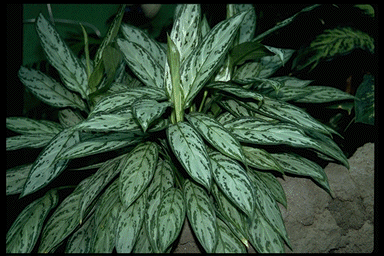MILK THISTLE
MILK THISTLE (Silybum marianum) Used for
centuries throughout Europe. Sometimes confused with another medicinal plant called
"blessed thistle" but is used for different ailments.
Since the liver is responsible for processing poisons like environmental pollutants, it can
become damaged from overload. Milk thistle protects the liver from damage because it has
regenerative effects on the liver.
Milk thistle contains silymarin, which acts as an antioxidant to protect cells from free
radical damage ... helps to restore digestive power after hepatitis.
Milk Thistle is categorized as a “galactogogue” which is a word that the ancient Greeks used to mean, “to bring milk”. Breast feeding mothers may use it to stimulate production of milk.
DOSAGE: Typically 200 mg capsule (standardized extract containing 70% silymarin) three times a day.
MORMON TEA:
Hayfever decongestant ... decreases appetite ... improves mood ... diuretic ... increases blood pressure ... stimulates heart rate ... improves energy level. Contains ephedra. CAUTION: Do not take if diabetic, pregnant or if you are breast-feeding.
MOTHER OF THYME:
Helpful with respiratory ailments because of its ability to reduce mucous congestion from the respiratory system (including lungs). It is also used for: gastrointestinal problems, as an antispasmodic, carminative, expectorant. Has been used as an additive to bath water because it relieves exhaustion.
MOTHERWORT
A nervine herb which strengthens and tones the nervous system ... helps you to relax and cope better with stress and anxiety ... which have been linked to heart disease.
MSM (methylsulfonylmethane)
Helps strengthen connective tissue, neutralize free radical and may reduce inflammation.
It is a naturally occurring dietary sulfur which the body uses in many processes ... pH balance ... anti-oxidant ... circulation ... synthesis of collagen, oxygenation of cells ... carbohydrate metabolism.
Used to treat arthritis, cataracts, emphysema, asthma, depression, allergies and the alleviation of constipation.
MYRRH
The resin from the stems has antiseptic and disinfectant properties. It fights bacteria in the mouth and is good for bad breath, periodontal disease, skin disorders, and ulcers.
MYRRH GUM:
Stimulates activity of the mucous membranes. Typically used for digestion, infection and vaginitis. Also, as a mouthwash and gargle for sores.
Return to top of page
| Home |
![]()
